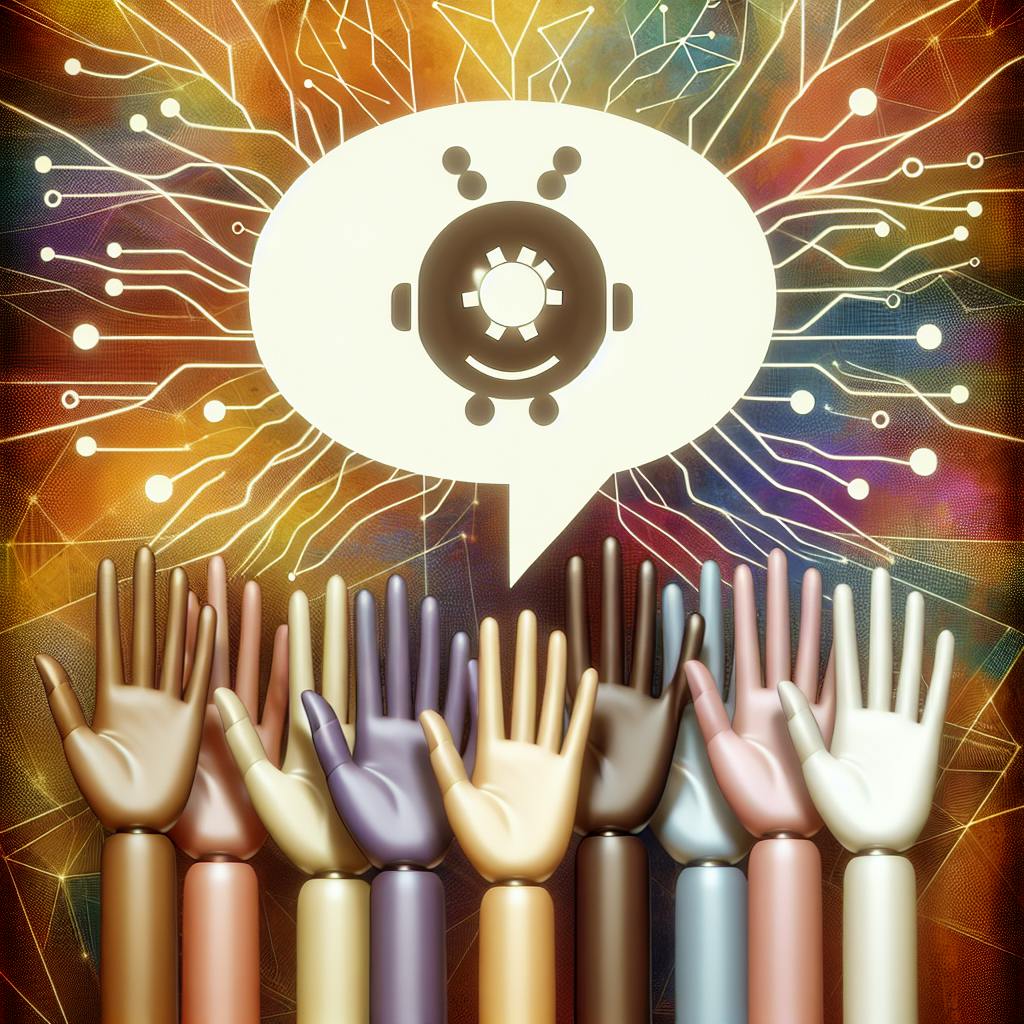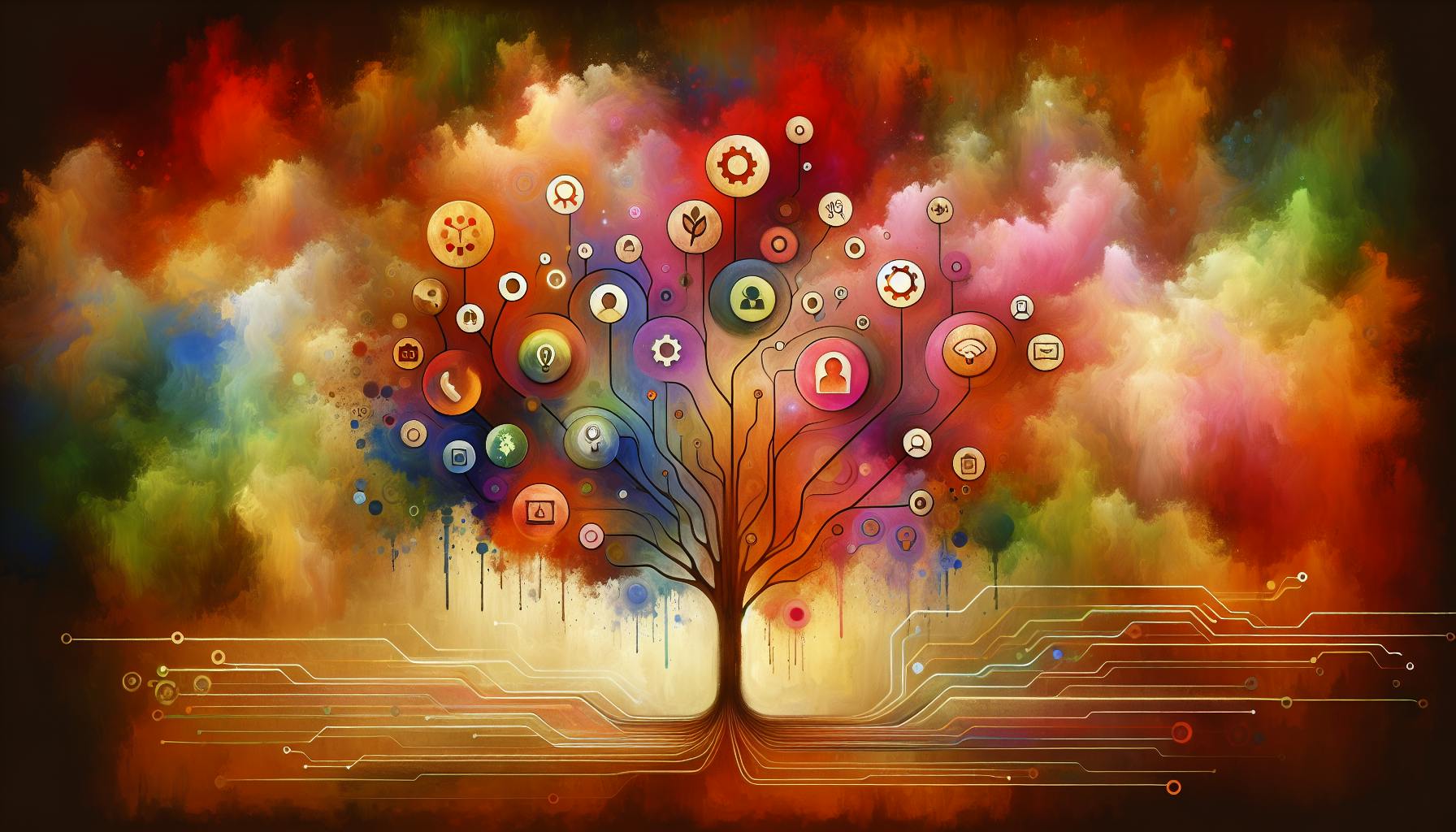Introduction: Personalizing ChatGPT Interactions with AI Agents
AI agents allow for personalized and customized ChatGPT experiences for each user. They can understand user context, preferences, and goals to shape unique interactions. AI agents tap into large datasets and machine learning to adapt conversations.
Personalization enabled by ai agents drastically improves user satisfaction and retention by ensuring every conversation is tailored to the individual. This increases engagement as users find interactions consistently relevant to their needs. Personalized conversations reduce repetition, feel more natural, and fulfill specific user goals. This article will explore how ai agents enhance and customize ChatGPT through comprehensive user understanding.
Understanding the User with AI Agents
AI agents gather extensive data on user interests, context, location and more to shape conversations. They analyze user language patterns, word choices, tone and sentiment to adapt their communication style to match each user.
Agents track all previous conversations to understand user goals and anticipate needs. Explicit user input also helps agents understand preferences and desires. By combining vast datasets and advanced machine learning, agents form highly detailed user profiles. These are used to enable personalized conversations aligned with each user's unique personality, interests, and communication style.
Leveraging Rich User Data and Context
Agents can utilize user account data like age, gender, location to contextualize conversations. Access to real-time context via GPS, calendars provides situational insights.
By knowing user interests and hobbies like football, gardening, or photography, agents can ensure conversations stay hyper-relevant. Understanding user goals to find a new job or plan a vacation allows problem-solving to be tailored and effective. Accessing usage history and habits on Spotify or Netflix enables better recommendations aligned with user taste.
Analyzing Language and Communication Patterns
Agents examine vocabulary, word choices, linguistic style to understand users. They detect tone using sentiment analysis, adapting to humor preferences and current emotional state.
Unique language patterns including sentence length, punctuation usage, and more help agents mirror a user's natural communication style. In-depth conversation analysis enables agents to shape future interactions to match how each individual naturally speaks. Studying dialogues allows adapting to quirks and personality nuances.
Leveraging Explicit User Input and Preferences
Users can directly provide profile information like relationship status, education, personality traits along with interests to agents. Clarifying likes, dislikes, goals, and needs focuses agent conversations for relevancy.
User feedback helps agents learn and continuously improve matching to preferences over time. Surveys and settings allow customizing agent communication style, tone, humor and more.
Personalizing ChatGPT Conversations
AI agents apply comprehensive user understanding to shape unique conversations tailored to individuals. They can closely mimic user communication styles and language patterns.
Agents stay on topic by leveraging user goals, context, interests. Conversations are tailored to preferred tone, humor, personality and writing style.
Personalization drastically improves relevancy, reduces repetition, and increases enjoyment.
Adapting Language and Communication Style
Agents mirror user vocabulary, tone, sentence structure and punctuation. Humor, emojis, and sentiment are tailored to individual preferences.
Conversations reflect quirks, directness, and other personality traits identified from analysis. Interactions match a casual, professional or friendly style.
Open-ended questions draw on specific interests for engaging dialogue.
Maintaining Contextual Relevance
Agents reference user goals, location, schedules and real-time context. Conversations stay hyper-focused on topics matching explicit interests.
Responses align with user industry, occupation, expertise level, leveraging key data points. Current events and calendar entries enhance relevance.
Agents avoid repetitive suggestions by tracking all past conversations.
Providing Personalized Recommendations
Product and content suggestions are based on analyzed interests in gaming, fashion, or other areas. Location-based restaurant recommendations enhance relevancy.
Purchase history, playlists, and browsing data enable better recommendations aligned with preferences. User feedback improves quality over time.
Goal-based travel or job recommendations provide helpful personalized suggestions.
Implementing AI Agents for Personalization
Start by identifying key user data points to collect for detailed profiling. Analyze dialogues to extract language patterns and preferences.
Allow explicit user input to complement inferred data. Continuously train agents on new examples. Rigorously evaluate impact through testing.
Data Collection and Profiling
Gather relevant user account info, context, interest data. Build structured profiles with labels like tone, goals, interests.
Anonymize data and enable user controls for complete privacy comfort. Segment users into groups with similar styles, needs.
Continuously update profiles with new behaviors and preferences.
Training the AI Agent Models
Train conversational models on human chat logs. Fine-tune models on user profiles to capture patterns.
Reinforce personalized behavior through human feedback loops. Simulate conversations to identify failures and rapidly improve.
Retrain regularly with new user data for continuous adaptation.
Evaluating Personalization Impact
Analyze metrics like engagement, satisfaction, goal completion. Conduct user studies to measure enjoyment and relevance.
Evaluate conversational styles against target user groups. Use surveys to identify improvement areas.
Rigorously A/B test personalized vs. generic experiences.
Conclusion
AI agents tap into extensive user data, context, preferences to deeply personalize ChatGPT interactions. Understanding communication styles and goals enables tailored conversations that feel natural.
Personalization enabled by ai agents drastically improves relevancy, reduces repetition, and increases enjoyment. Implementing specialized ai agents involves thoughtful data collection, model training, and impact evaluation.
With rigorous personalization, ai agents can provide every user with a unique and perfectly customized ChatGPT experience.


